Origin of Persian Mythology
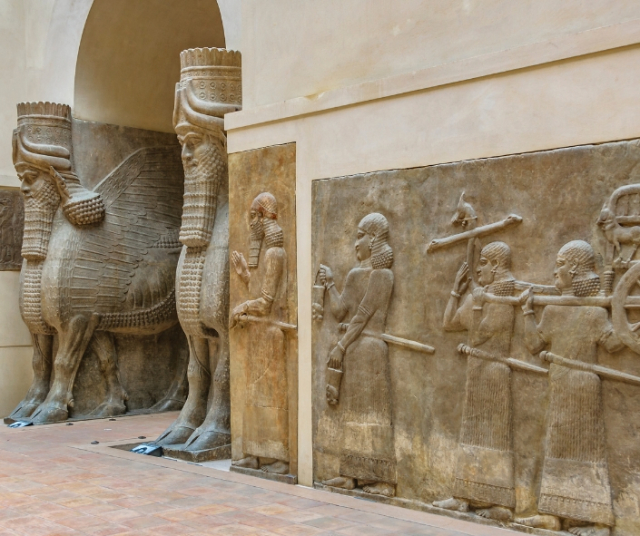
Persian mythology, also known as Zoroastrianism or Mazdeism, is a rich and complex religious tradition that originated in ancient Persia, in the region that is now Iran, around the first millennium BC. With a rich collection of myths, deities and rituals, Persian mythology has left an indelible mark on the history and culture of the region, influencing the religious beliefs and spiritual practices of later generations. Join us as we explore in depth this fascinating aspect of Persian history and religion, from its mysterious origins to its lasting legacy today.
Origins and development of Persian mythology.
The origins of Persian mythology can be traced back to the ancient Iranian tribes who inhabited the Iranian plateau in the second millennium BC. These tribes worshiped a variety of gods and goddesses related to nature, the sun, the moon and other cosmic elements. Over time, these beliefs merged with those of neighboring peoples, giving rise to a more complex and organized belief system.
One of the most important milestones in the development of Persian mythology was the appearance of the prophet Zarathustra (also known as Zoroaster) in the first millennium BC. Zarathustra is considered the founder of Zoroastrianism and the author of the Gathas, a collection of sacred hymns that They form the basis of religion. His main teaching was the belief in Ahura Mazda, the supreme god of good, light and wisdom, who fought against Angra Mainyu, the god of evil and darkness.
The gods and heroes.
The Persian pantheon is populated by a wide variety of gods, goddesses and heroes, each with their own specific personalities, attributes and functions. Ahura Mazda is the main god of the pantheon, considered the creator and supreme ruler of the universe. Next to him, there are a series of minor divinities, such as Mithra, god of the sun and justice; Anahita, goddess of waters and fertility; and Verethragna, god of victory and courage.
In addition to the gods, Persian mythology is populated by a series of legendary heroes and heroines who perform heroic deeds and face impossible challenges. Among the most famous are Rostam, the brave champion of Persia, and his faithful horse, Rakhsh. The stories of Rostam and other Persian heroes have been passed down through the generations and remain popular in Persian literature and folklore.
Persian myths and legends: A look at cosmology and the afterlife.
Persian mythology is filled with a wealth of myths and legends that offer a fascinating insight into cosmology and the afterlife according to Zoroastrian tradition. One of the most important myths is the creation story, which describes how Ahura Mazda created the world and fought against the forces of evil to maintain order and harmony in the universe.
In addition to creation, Persian mythology also offers detailed accounts of the final judgment and life after death. According to Zoroastrian tradition, the dead are judged for their actions in life and taken to Paradise or Hell, depending on whether they have lived a virtuous or sinful life. This belief in life after death has been a fundamental part of Persian religion and culture for millennia.
The legacy of Persian mythology: Influences on culture and society.
Persian mythology has left a deep and lasting legacy in the culture and society of the region, as well as in the history and religion of the world at large. Over the centuries, the beliefs and practices of Zoroastrianism have shaped the cultural identity of Iran and other Persian-speaking regions, influencing a variety of aspects of daily life, from religion and spirituality to art and Literature.
First, Persian mythology has had a significant impact on the religion and spirituality of the region. Although Zoroastrianism has seen a decline in Iran due to the spread of Islam, many of its beliefs and practices remain an integral part of the region's religious life. Holidays such as Nowruz, the Persian New Year, and Mehregan, the festival of friendship and gratitude, have their roots in Zoroastrian traditions and continue to be celebrated by millions of people around the world.
Furthermore, Persian mythology has left an indelible mark on Persian arts and literature. The stories of legendary heroes like Rostam and their fight against the enemies of Persia have been a source of inspiration for poets, musicians and artists throughout the centuries. The epics and epic poems chronicling these heroic deeds have been passed down from generation to generation and remain popular among Persian audiences to this day.
Finally, Persian mythology has also influenced the history and politics of the region. During the Achaemenid period, Zoroastrianism became the official religion of the Persian Empire, and many of its ethical and moral principles were adopted by the rulers and administrators of the empire. Even after the fall of the empire, Zoroastrianism continued to be a powerful force in the region, influencing Persian culture and society for centuries.
Through its rich collection of myths and legends, Persian mythology offers a unique view of the world and human nature, exploring universal themes such as good and evil, the struggle between light and darkness, and the search for meaning and transcendence in life. As we explore and appreciate Persian mythology, we can connect with the roots of Persian culture and history and better understand our own humanity and spirituality in the process.
ARTICLES
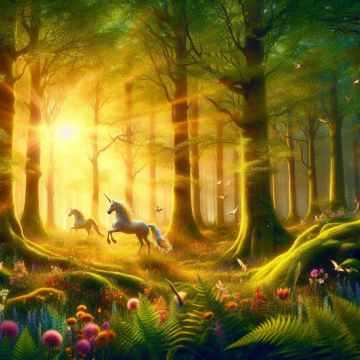
Magical Creatures: Unicorns
Throughout the centuries, unicorns have continued to capture the imagination and admiration of people of all ages and cultures.
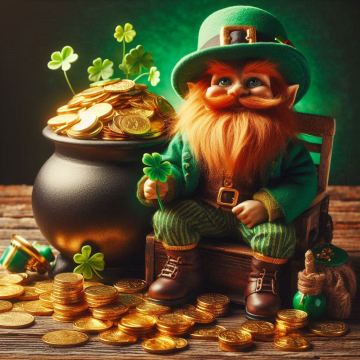
Magical creatures: The elves
Elves are creatures from European mythology, whose origins date back to the ancient beliefs and superstitions of Celtic and Germanic cultures.
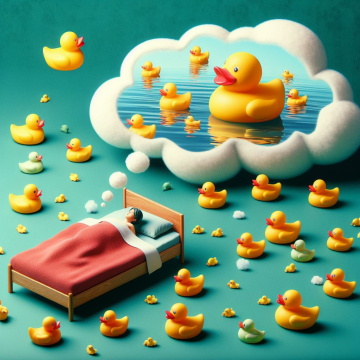
The meaning of dreaming about ducks
Dreaming about ducks is an experience rich in symbolism, which can provide valuable clues about our psyche and our everyday experiences.
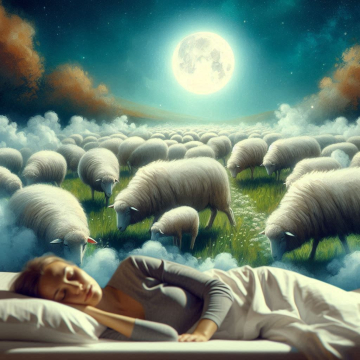
What does it mean to dream about sheep?
Dreaming about sheep is an intriguing phenomenon that can have a variety of meanings and interpretations, depending on the context of the dream.

Influence of emotions on human behavior
Emotions are a fundamental part of the human experience and play a crucial role in all aspects of our lives.

Strategies to achieve your goals and aspirations
Fulfilling your dreams and achieving your goals may seem like a big challenge, but with the right mindset and diligent action, it is totally possible.